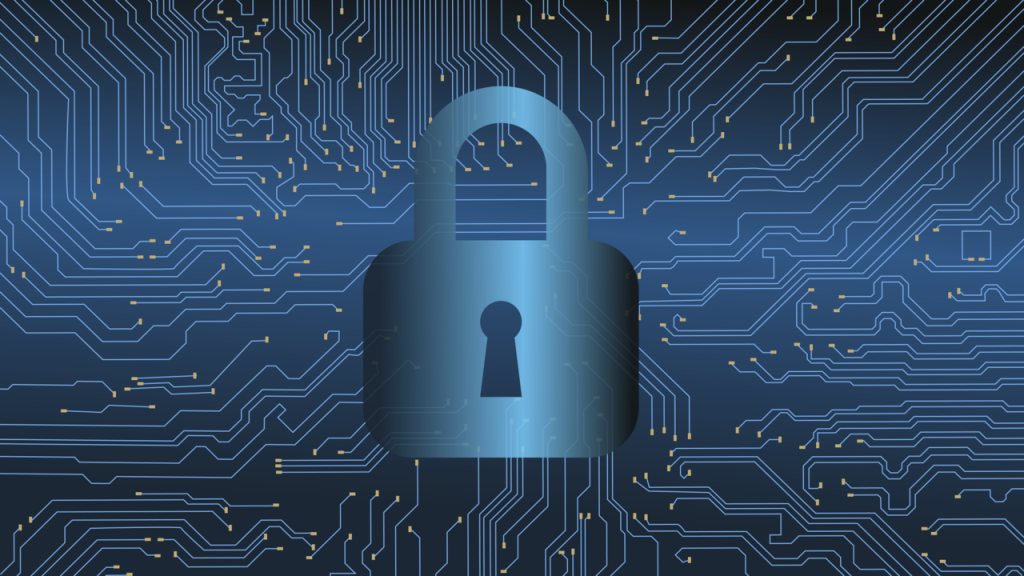In an era dominated by digital transformation and ever-evolving cyber threats, businesses must take proactive steps to secure their infrastructure and ensure long-term sustainability. Cyber security and ethical hacking services have emerged as vital components in future-proofing business operations, safeguarding not only sensitive data but also maintaining customer trust, operational continuity, and regulatory compliance. These services go beyond traditional IT support by offering a strategic defense system tailored to predict, prevent, and respond to sophisticated cyberattacks, positioning businesses to thrive in a connected and vulnerable digital landscape. Cyber security services encompass a broad spectrum of protective measures, including firewalls, intrusion detection systems, encryption protocols, and endpoint protection. However, what makes these services future-proof is their adaptability and intelligence-driven nature. Businesses today face threats from ransomware, phishing, data breaches, and insider threats, all of which can cause irreversible damage. Cyber security professionals continuously monitor, analyze, and update defense mechanisms to counter emerging risks. Through real-time threat intelligence and automated response systems, organizations can drastically reduce the time between detection and action, mitigating potential damages before they escalate.

Ethical Hacking and Cyber Security plays a crucial role in this proactive defense. Also known as penetration testing, ethical hacking involves simulating real-world cyberattacks to identify weaknesses within a company’s digital infrastructure. These white hat hackers think like malicious attackers, but with the goal of helping businesses fix vulnerabilities before they can be exploited. By conducting regular security audits and penetration tests, ethical hackers expose hidden flaws in networks, applications, and configurations, providing detailed reports and remediation strategies. This not only strengthens the security posture of the business but also prepares it to handle unforeseen challenges more effectively. Moreover, cyber security and ethical hacking services align businesses with regulatory standards such as GDPR, HIPAA, and ISO/IEC 27001. Compliance with these frameworks is not just a legal obligation but a competitive advantage, especially in industries where data privacy is paramount. Companies that can demonstrate robust security measures gain customer trust and are more likely to attract partnerships, investments, and government contracts.
This regulatory alignment also shields organizations from legal penalties and reputational harm resulting from data mishandling. Beyond defense, these services also enhance digital innovation. By securing digital assets and infrastructure, businesses gain the confidence to explore new technologies such as cloud computing, AI, and IoT without fear of compromise. Cyber security enables safe adoption of these tools, efficiency, scalability, and competitive edge. Furthermore, by integrating cyber resilience into business continuity planning, companies can maintain operations during and after a cyber incident, minimizing downtime and financial loss. Cyber security and ethical hacking services are not merely technical solutions they are strategic investments in the longevity and adaptability of any business. As cyber threats grow in frequency and sophistication, organizations must prioritize these services to stay ahead. Future-proofing a business means embracing a security-first mindset anticipating risks, fortifying defenses, and enabling innovation in a secure environment. With the right cybersecurity strategy in place, businesses can confidently navigate the future, no matter how unpredictable it may be.
